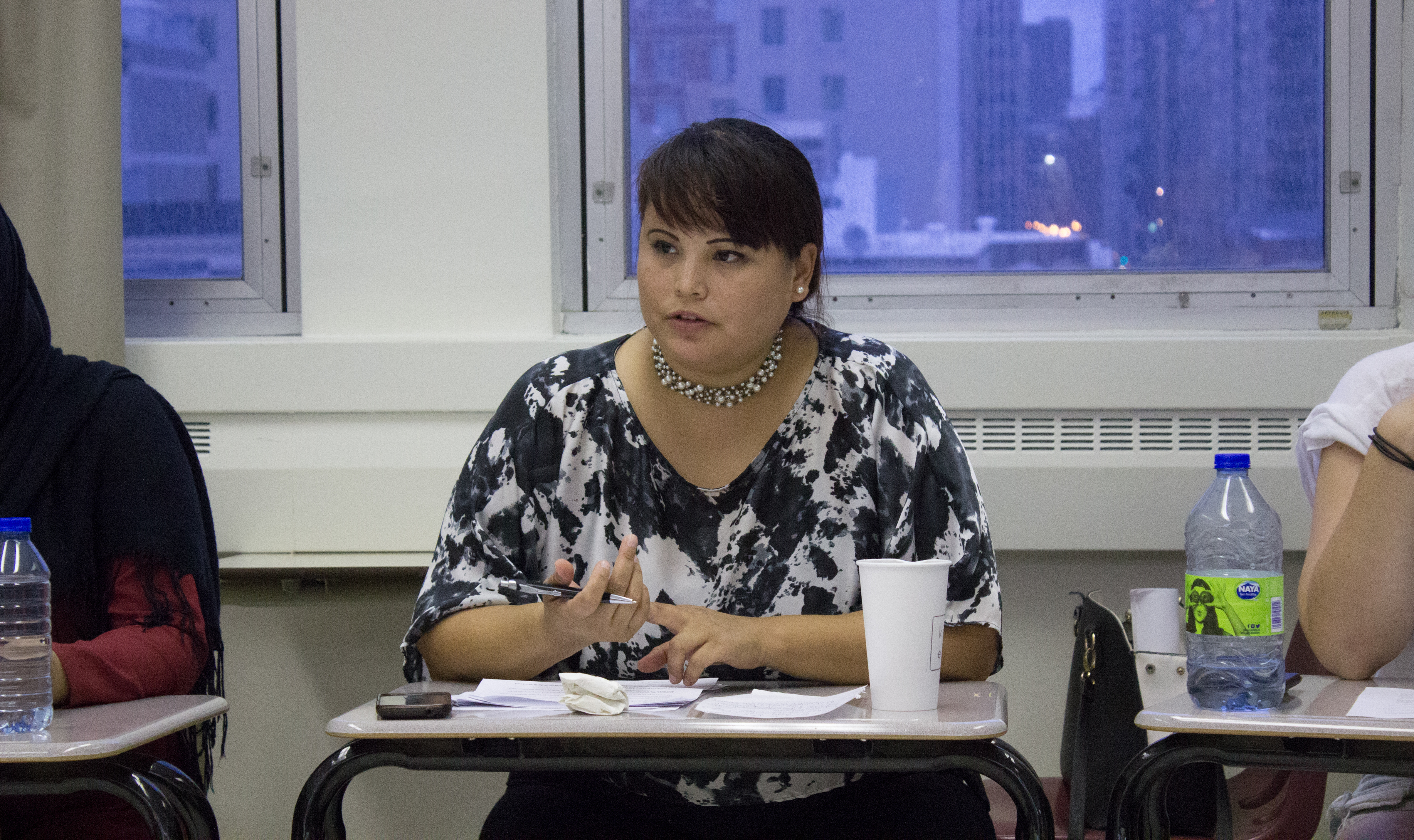Student-led group seeks a mandate to uphold requirements settled in Mei Ling case
A student-led task force held their first meeting on Sept. 22 at Concordia, where they discussed adapting a mandate aimed at preventing violence and injustice towards minority groups within student associations and university groups.
As the anniversary of the Mei Ling settlement approaches on November 23, Concordia’s Arts and Science Federation of Associations (ASFA) has been facing pressure from the Quebec Human Rights Commission (QHRC) to honour their agreement to assemble a task force, operated to review cases of discrimination within student groups and associations.
Mei Ling, a pseudonym used to protect her identity, had experienced sexual and racial discrimination from former ASFA employees she worked with, causing her to file a complaint with the QHRC against ASFA for harassment and discrimination in February 2015.
Sarah Oleil, councillor and social events coordinator for the Women’s Studies Student Association (WSSA) at Concordia, said the original mandate released May 12 was revised by the Centre for Research-Action on Race Relations (CRARR), the civil rights advocacy group responsible for filing the complaint to the QHRC on Mei Ling’s behalf. However, CRARR said the mandate lacked content concerning harassment and exclusion—major components of Mei Ling’s complaint—and suggested that ASFA should rework the mandate.
“CRARR sent us an official letter saying it’s not to their satisfaction—there are certain elements and concrete aspects missing from it,” said Andrea Krasznai, ASFA’s general coordinator. Krasznai said her role within task force is to be the coordinator between the parties involved, which she lists as CRARR, Council of Representatives and the task force.
“Since the anniversary of the agreement that has been made with CRARR last year is approaching, they are asking to get this really rolling,” said Andrea Krasznai. Krasznai said CRARR is expecting certain changes to be made to the task force’s original mandate.
Oleil said that CRARR told ASFA the mandate needed to focus not only on sexual assault, but also implement concepts that deal with harassment, exclusion and racism. She said CRARR also demanded that the task force be diverse in its representation.

“This task force was set up [with the idea] that students should have protection against racist and sexist violences,” said Oleil. “Students should be involved in protecting each other and holding different bodies at Concordia accountable for these actions that occur within their environment, but specifically that occur at ASFA.”
Krasznai said she is not certain when the task force will be fully organized and assembled. She explained she does not want to rush the assembly and creation of the mandate just for the sake of finishing the project.
Krasznai said that she and other ASFA executives have been seeking professional help from a lawyer to further understand the legal aspects related to CRARR’s demands in association to the Mei Ling settlement. “At this point I don’t think we should focus so much on when is it going to be done, but how is it going to be done, and who can help us,” she said.
She added that they have yet to assemble a full group. “I would love to be at that point,” she said.
The meeting did not result in any alterations to the current mandate. However, the task force members plan to meet in approximately three weeks to continue adapting the current mandate to match CRARR’s suggestions.




